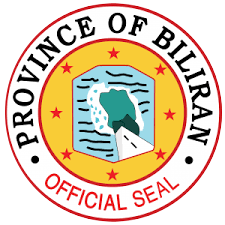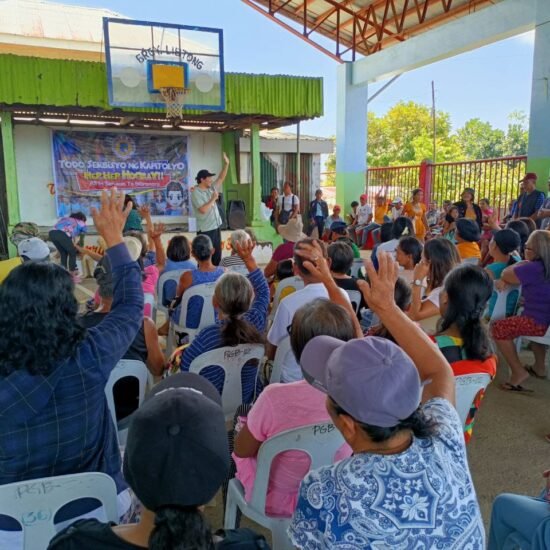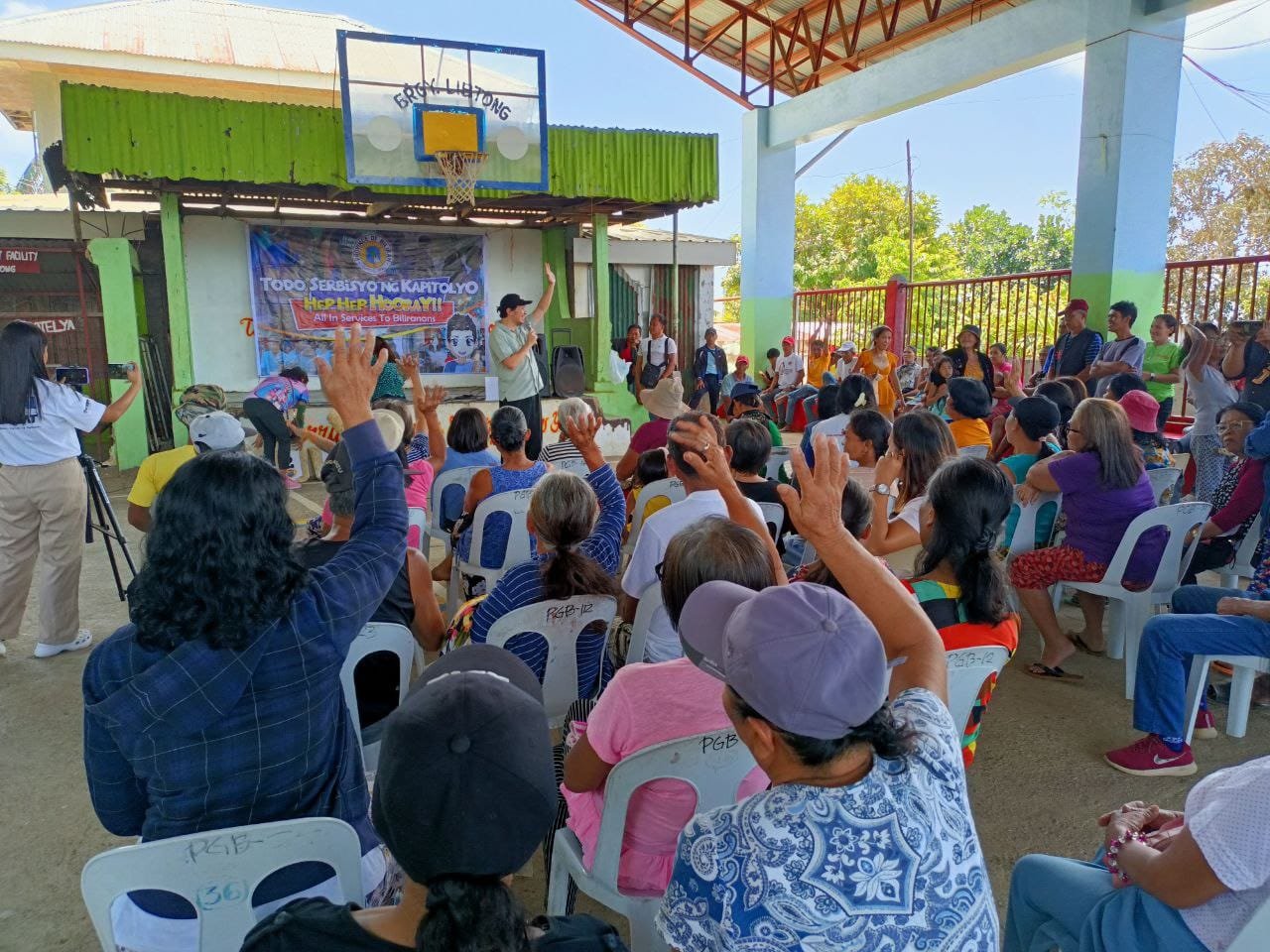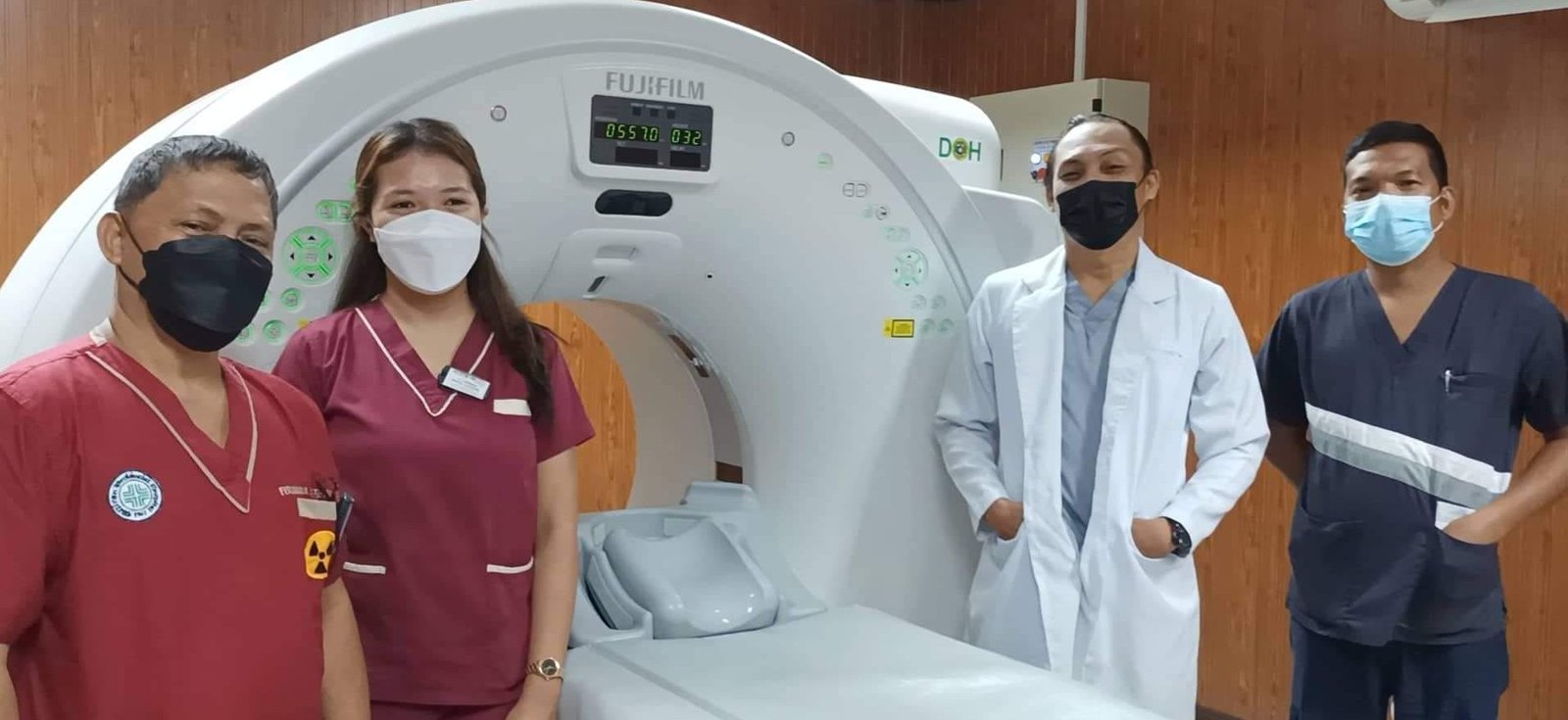
Agricultural Advancement Programs and Services
Ensuring Food Self-Sufficiency
As always, the agriculture and fishery sectors and veterinary services play a pivotal role to ensure food security and as the main driver of the local economy. Despite the onset of the pandemic restricting movement of people, steps are taken to ensure a robust agricultural production.
Rice Production: The Dagdag-Ani Program for Rice aims to reduce production cost among farmers and increase their harvest, by providing Production Support Services.
High Value Commercial Crops Development Program: Aims to revitalize high value vegetable production and other commercial crops by stocking and producing good quality planting materials for distribution and sale. Propagated seedlings and available rootstocks are atis, guyabano, rambutan, lanzones, pomelo, durian, mangosteen.
Corn Production: As support services to corn production, farmers were given bags of Open Pollinated Variety of white corn seeds as livelihood to increase their yield and income. With the support of DA-RFO8, hybrid yellow corn seeds were distributed to farmers provincewide.
Organic Agriculture: In support to the program, farmer associations underwent training for the production of Organic Foliar Fertilizer and Soil Conditioner using indigenous microorganisms (IMO) for production. Five sites, covering 25-45 members per site, including 3 Palayaman Plus Project sites engaged in the production and distribution of organic fertilizer or vermicast.
Fishery Program: In an effort to increase catch among fishermen, small fisherfolks each received 7.5 HP marine engine. To sustain fish sanctuaries, 5 sites were provided with construction materials and supplies. A batch of 49 small-time fishermen received fish nets as part of their livelihood assistance.
Extension Support, Education and Training Services (ESETS): The OPAS plays a pivotal role in agricultural development, to ensure food self-sufficiency and food in the table of Biliranons. Three Palayamanan Plus Demo Farm Projects sites covering 113 members underwent Season-Long Training cum Climate Smart Farm Business School under a Transfer of Technology.
Post Harvest and Farm Mechanization Activities: The OPAS also provided support to land preparation activity utilizing the 4W Drive Tractor.
Crop Protection: The DA-RFO8 has provided the OPAS earwigs as multiplier for production to promote the use of biological control agent against pests, thereby lessening the impact of harmful chemicals.
Marketing: The OPAS facilitated the establishment of KADIWA Centers in all of the 8 municipalities in the province, which was an avenue for local producers to market their products, and facilitated the release of 1 chariot vehicle to RIC Naval benefitting 51 members.
Institutional Development: Support to the 4H Club extends the importance of clean environment and healthy lifestyle among the youth in the communities through agriculture in activities such as clean-up activity, Brigada Eskwela/Bayanihan, and feeding programs.
Other Technical Support Services: The OPAS facilitated the gathering of relevant data for the establishment of the Philippine Rice Information System (PRiSM) for future planning and identification of interventions and PPAs.
Vaccinations for Animal Health: In veterinary services, the provincial government has initiated massive vaccinations to protect animals against diseases such as swine against hog cholera, poultry against Newcastle disease, deworming for carabao, cattle and goat.
Livestock Production and Dispersal: The Provincial Livestock Production Center maintains stocks of various animals for continued production for dispersal to farmers, in an effort to provide additional sources of income.
Regulatory Services for Animal Health: To ensure the safety and continued operations of animal-based business and services in the province, inspection of outgoing and incoming animals and meat products were heightened.
Dog Control Program: To check the proliferation of rabies virus, the provincial government is actively pursuing dog control program to control and minimize dog population by conducting activities such as rabies vaccination and spaying/neutering dogs and cats.






